Children’s skin is delicate—thinner, more sensitive, and still developing. Exposure to UV radiation at a young age can cause damage that only becomes apparent years later. That’s why proper sun protection is not a luxury, but a form of care.
Dr. Andrew Birnie, dermatologist and skin cancer surgeon, founded Altruist with a clear mission: “To reduce the number of skin cancer cases by encouraging the use of high-quality sunscreen—combined with education and awareness.”
At Altruist, safety, effectiveness, and accessibility are at the heart of everything we do. We don’t promote sun exposure—we promote optimal protection with products suitable even for the most sensitive skin.
Why Children’s Skin Needs Extra Protection
Babies’ and young children’s skin contains less melanin, the natural pigment that offers some UV protection. It’s also thinner, and skin cells divide more rapidly. This makes children's skin more prone to sunburn and more vulnerable to long-term damage that may only surface years later.
Sun damage in early life increases the risk of premature aging and skin cancer later on. That’s why it’s crucial to use the right sunscreen from a young age—formulated specifically for children’s skin.
What to Look for in SPF for Babies and Children
For young children, sunscreen with at least SPF 30 is recommended—though SPF 50 is often the safest choice. However, it’s important to understand that SPF only measures protection against UVB rays (those that cause sunburn). A good sunscreen for children should also protect against UVA rays, which penetrate deeper and contribute to aging and long-term skin damage.
That’s why broad-spectrum protection—blocking both UVA and UVB—is essential.
In addition to a high SPF and broad-spectrum protection, a child-friendly sunscreen should also be:
-
Fragrance-free
-
Dermatologically tested on sensitive skin
-
Formulated with mild ingredients that don’t irritate
Ideally, the texture should be light and easy to apply—or available in a convenient spray format.
Ingredients to Avoid
Not all sunscreens are suitable for babies or young children. Certain ingredients may cause irritation or allergic reactions. For example:
-
Fragrance is a common irritant and allergy trigger
-
Alcohol can dry out or sting sensitive skin
-
Chemical filters like oxybenzone and octinoxate are suspected endocrine disruptors and best avoided in children
-
Colorants and essential oils can also stress or irritate the skin unnecessarily
Altruist sunscreens contain none of these. All formulas are free from fragrance, alcohol, controversial filters, dyes, and essential oils.
Tips for Parents
Sunscreen only works if used correctly. Follow these tips to protect your child effectively:
-
Apply sunscreen 15–30 minutes before your child goes outside
-
Use enough: about half a teaspoon per body part (e.g., an arm, leg, or face)
-
Don’t forget easy-to-miss areas like ears, neck, feet tops, hands, and behind the knees
-
Reapply every two hours, and always after swimming, towel-drying, or heavy sweating—even if the sunscreen is water-resistant
Sunscreen should always be used in combination with other protection: lightweight, covering clothing; hats or caps; and seeking shade—especially between 11:00 AM and 3:00 PM when the sun is strongest.
For babies under six months, avoid direct sun exposure altogether. Use protective clothing, shade, or a stroller canopy instead. Sunscreen should only be used at this age in consultation with a doctor.
Why Altruist Is a Safe Choice
The Altruist Family Sunspray SPF 50 was developed with sensitive children’s skin in mind. It’s suitable for children aged six months and older, and is free from fragrance and alcohol. The formula is dermatologically tested and proven to be mild on skin.
The spray format makes it easy to apply—even on toddlers who won’t sit still. It has a light, non-sticky texture, absorbs quickly, and provides high protection against both UVA and UVB.
For parents seeking a safe, reliable sunscreen that fits a careful skincare routine, this is a trusted choice.
Frequently Asked Questions – Kids' Sunscreen
Is sunscreen really necessary for children?
Yes. Children's skin is thinner, more sensitive, and burns more quickly than adult skin. UV damage in childhood can affect long-term skin health. Daily protection is essential—even on cloudy days.
From what age is Altruist suitable?
Altruist Family Sunspray SPF 50 is suitable for children from six months. For younger babies, sun exposure should be avoided entirely—use clothing, shade, and stroller covers instead.
What’s the best sunscreen for babies?
A mild, fragrance-free, alcohol-free sunscreen without harsh chemical filters. Always choose broad-spectrum protection and ensure it’s dermatologically tested for sensitive skin—like Altruist Family Sunspray.
How often should I reapply sunscreen to my child?
Every two hours, and always after swimming, towel-drying, or sweating. Even water-resistant sunscreen wears off over time.
Why is broad-spectrum sunscreen so important?
Because UVA rays penetrate deeper than UVB and are a major cause of skin aging and cellular damage. SPF only protects against UVB. Broad-spectrum sunscreen protects against both.
Protection Begins with Conscious Choices
Good sun protection isn’t about fear—it’s about awareness and care.
By choosing products free from unnecessary additives, you help keep your child’s skin healthy—now and into the future.


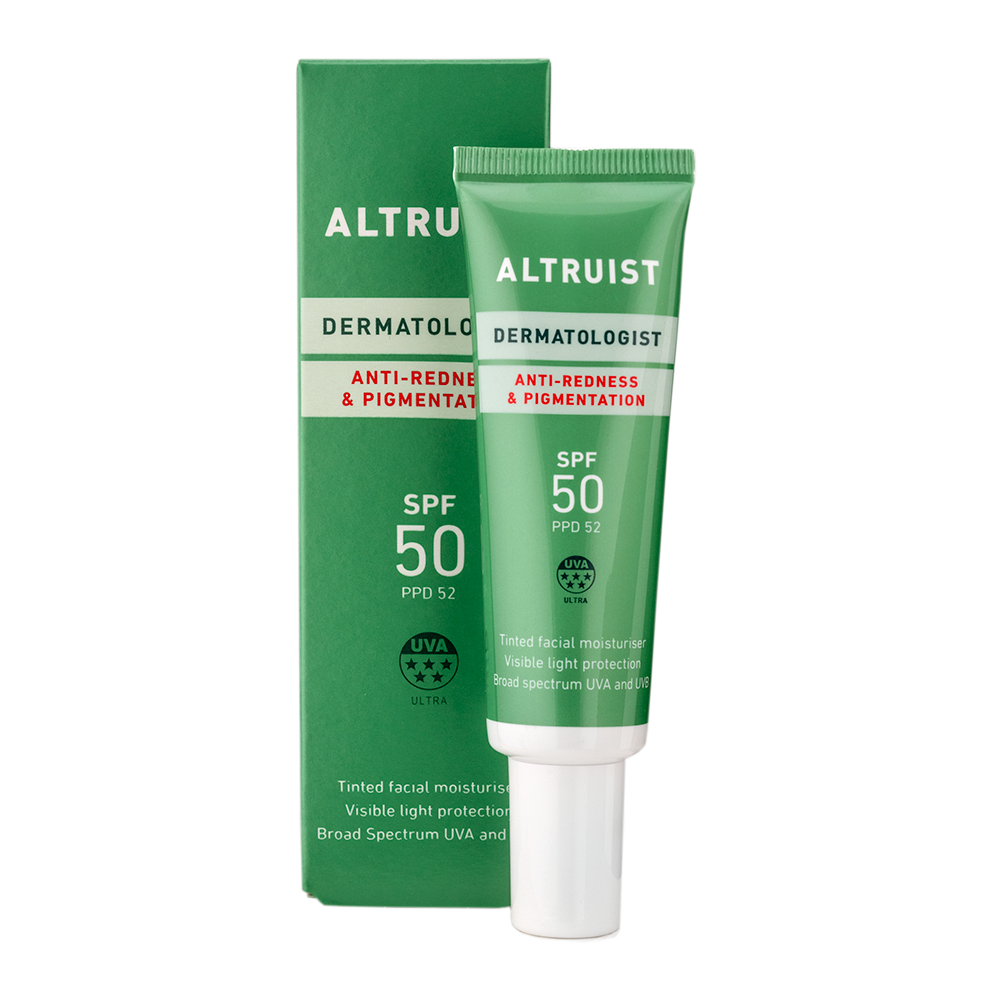

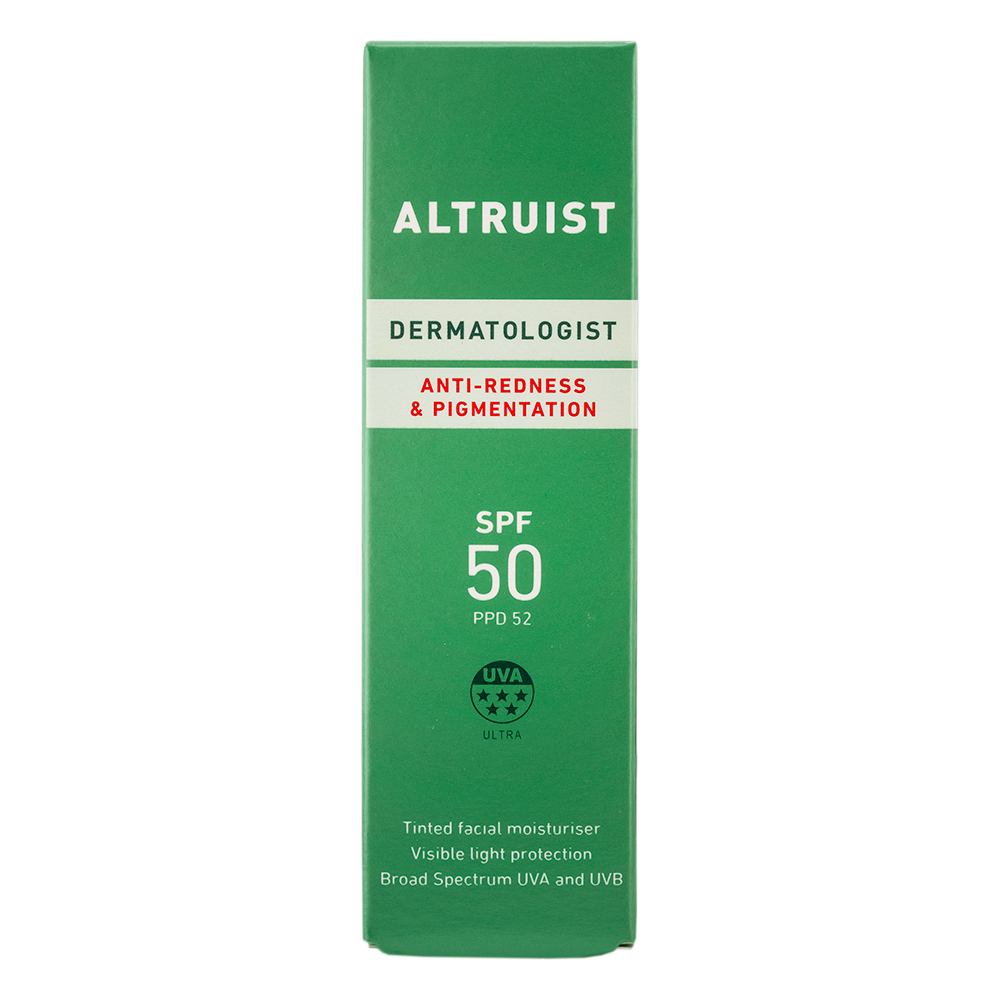
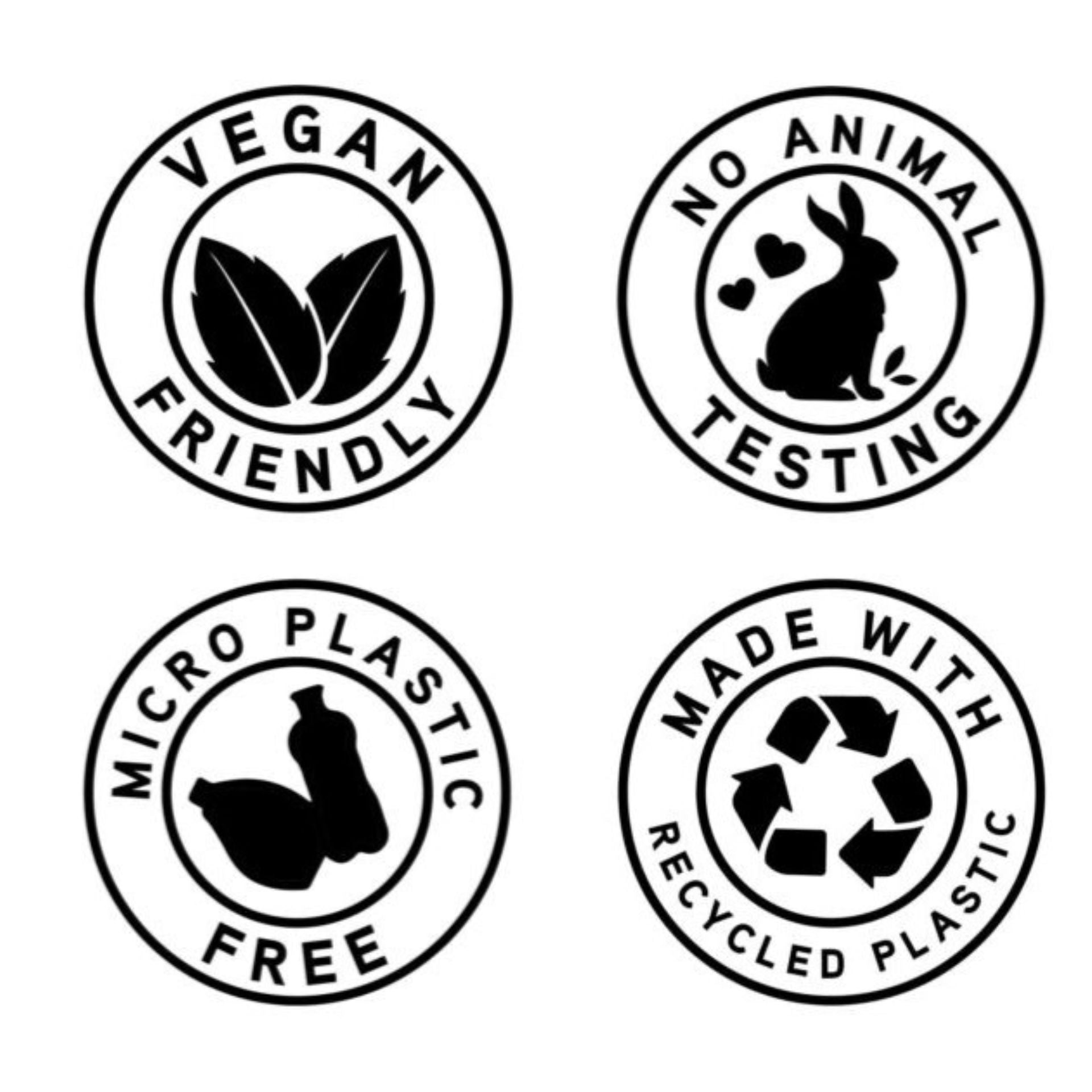
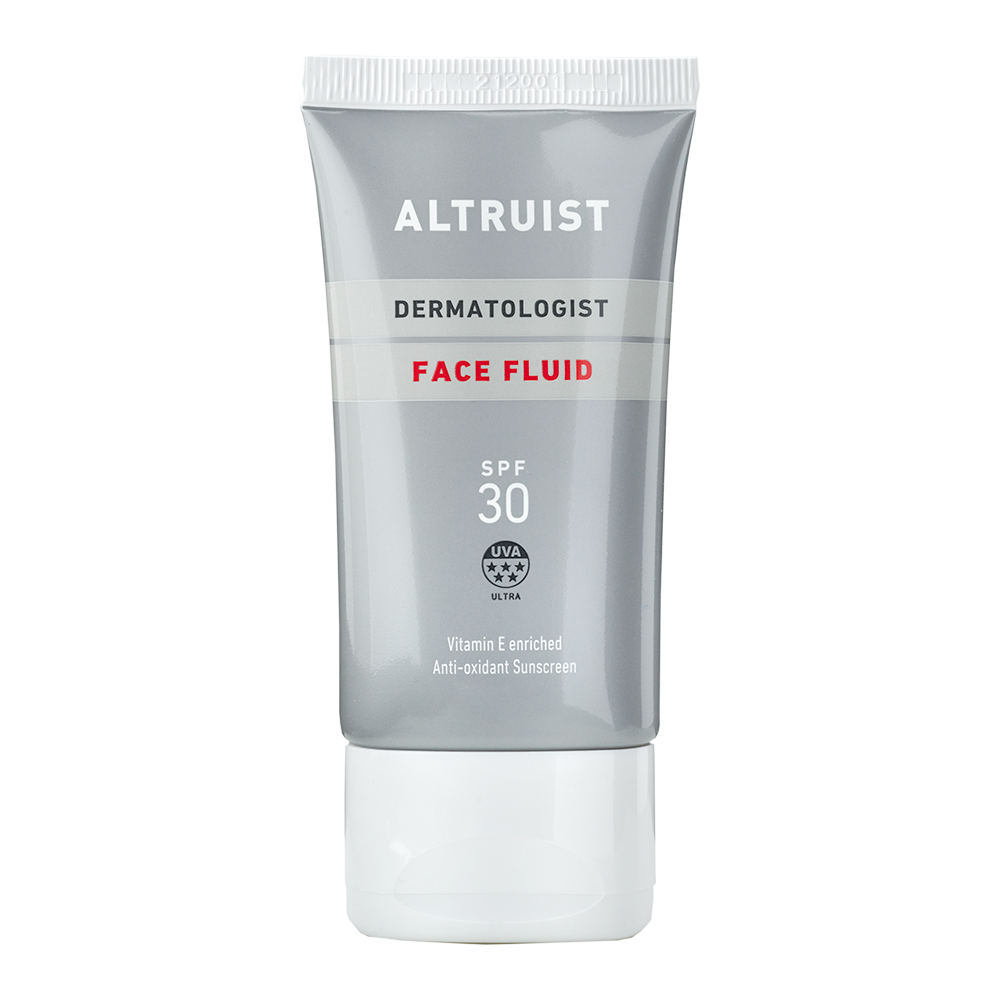
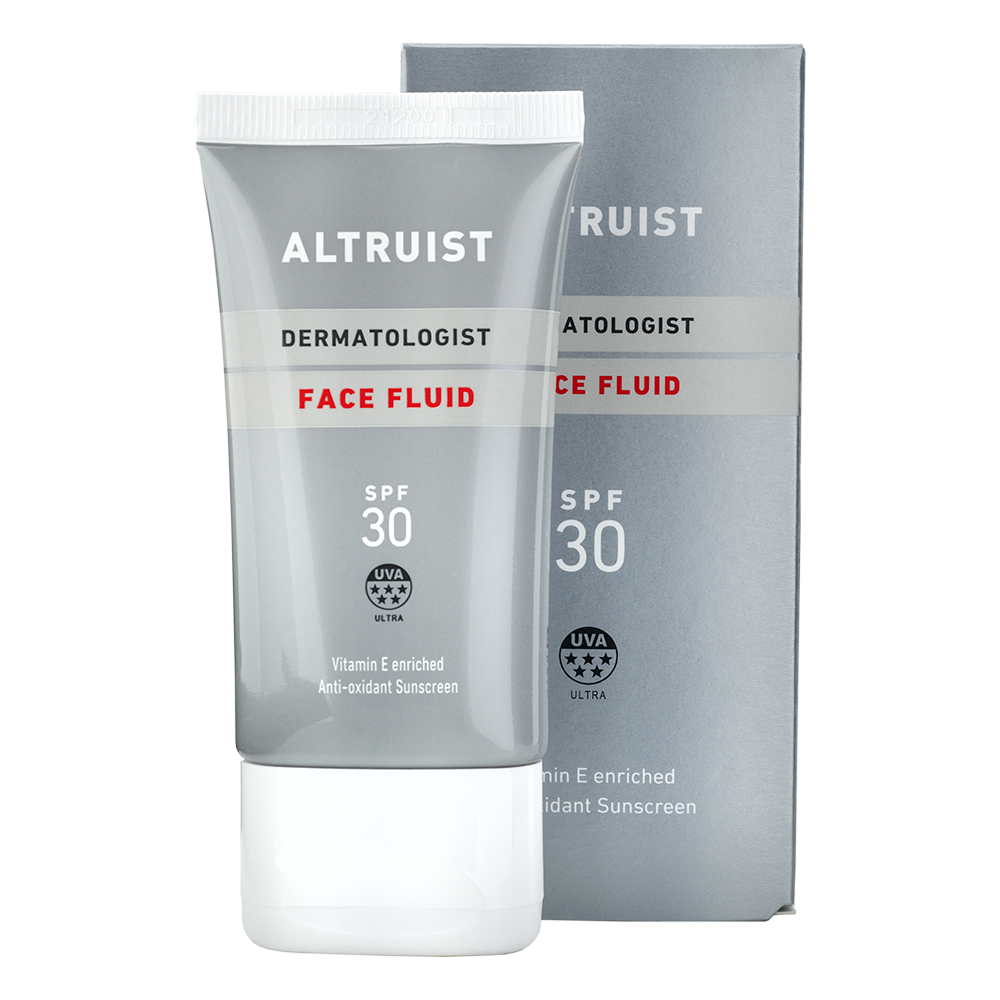
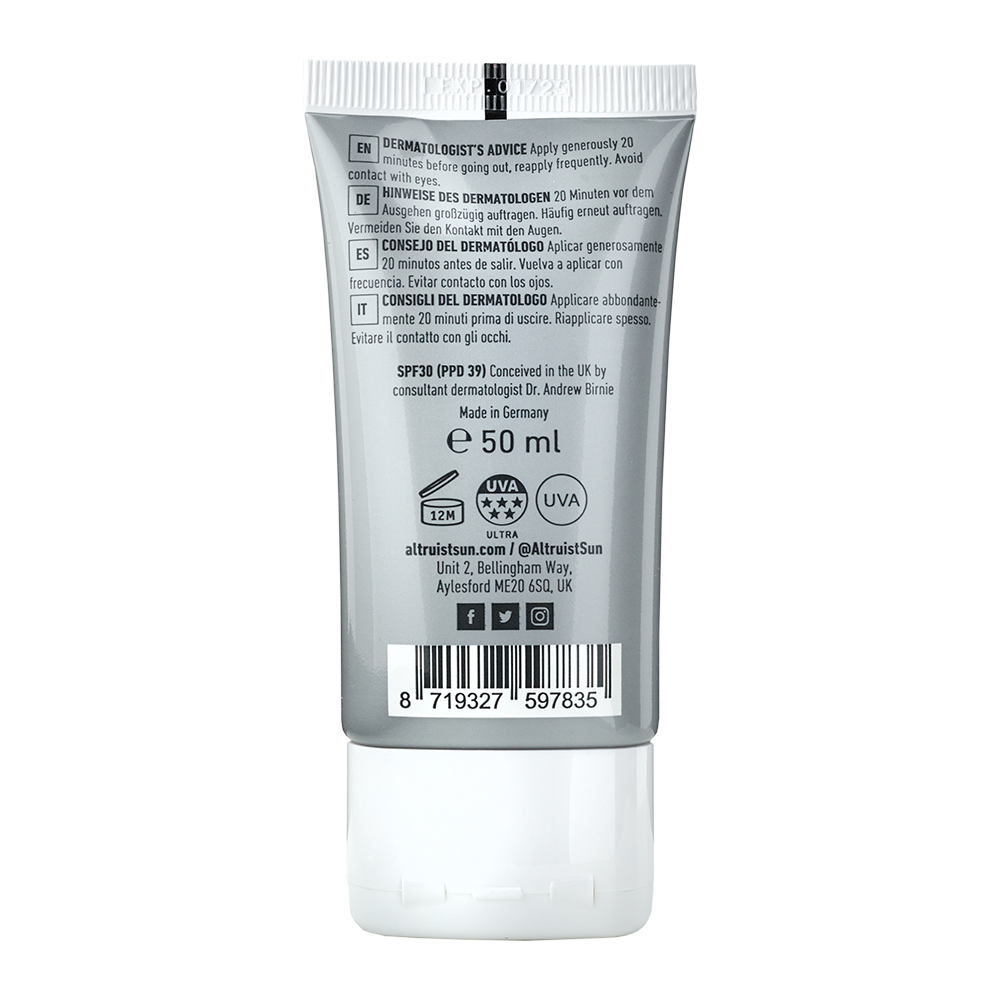
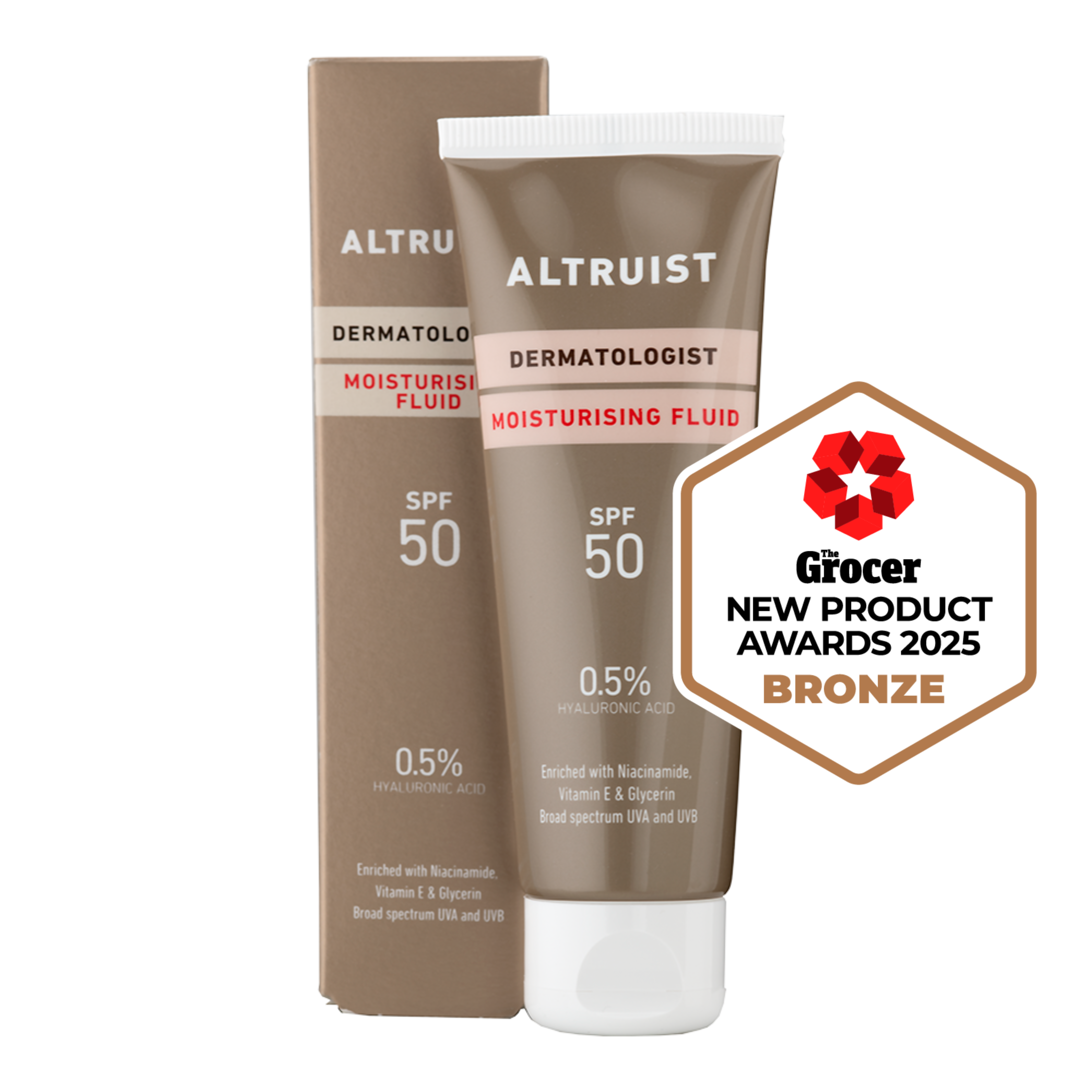
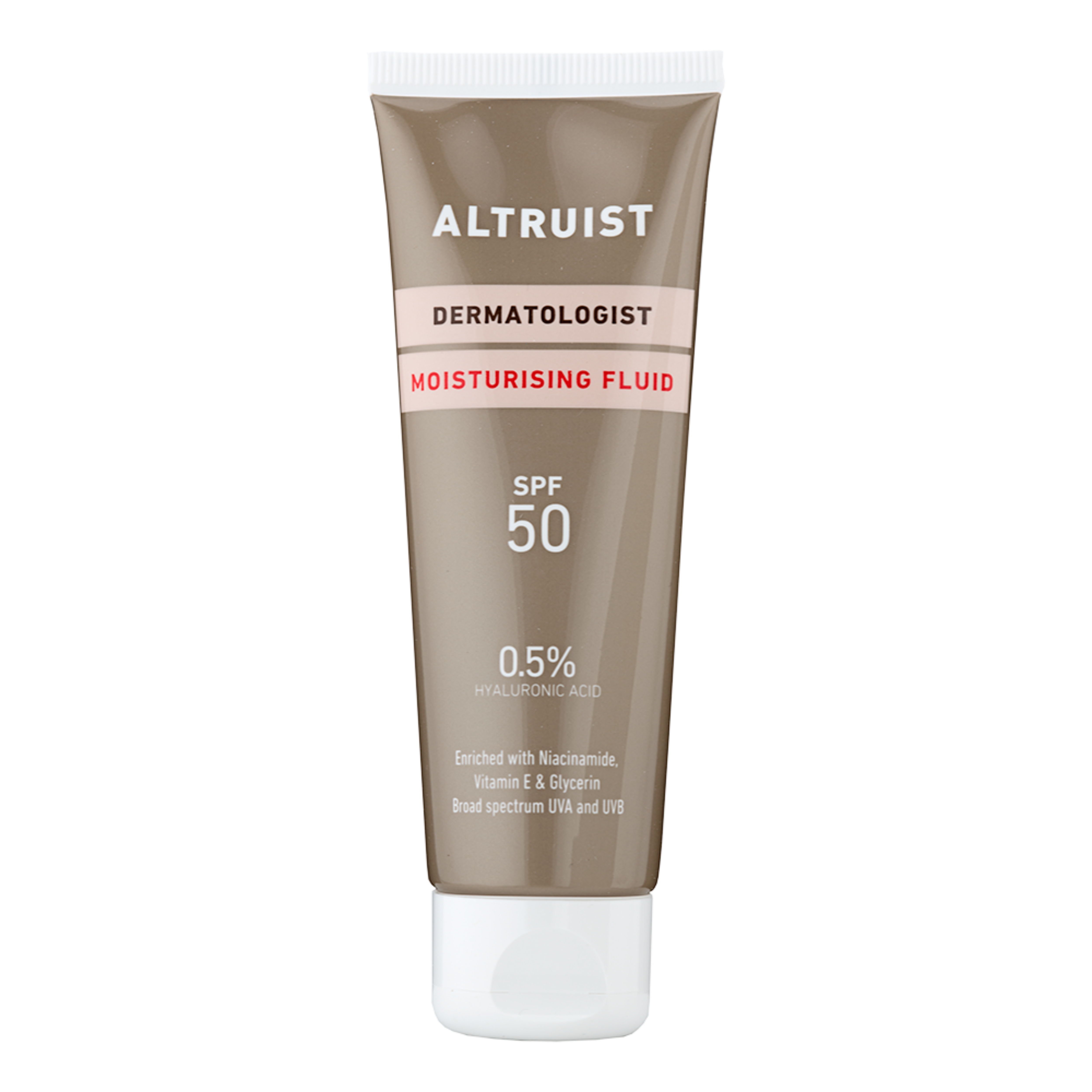
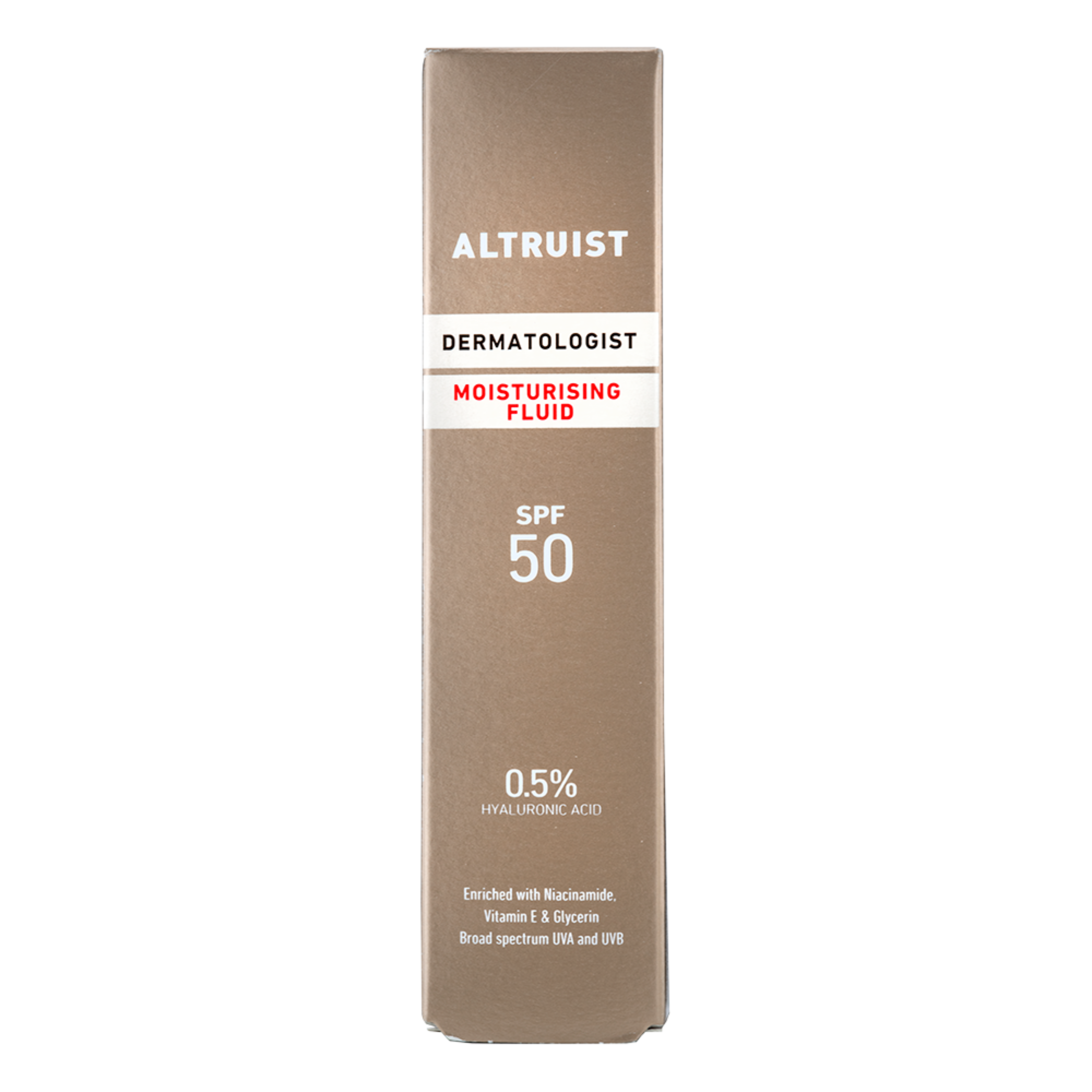
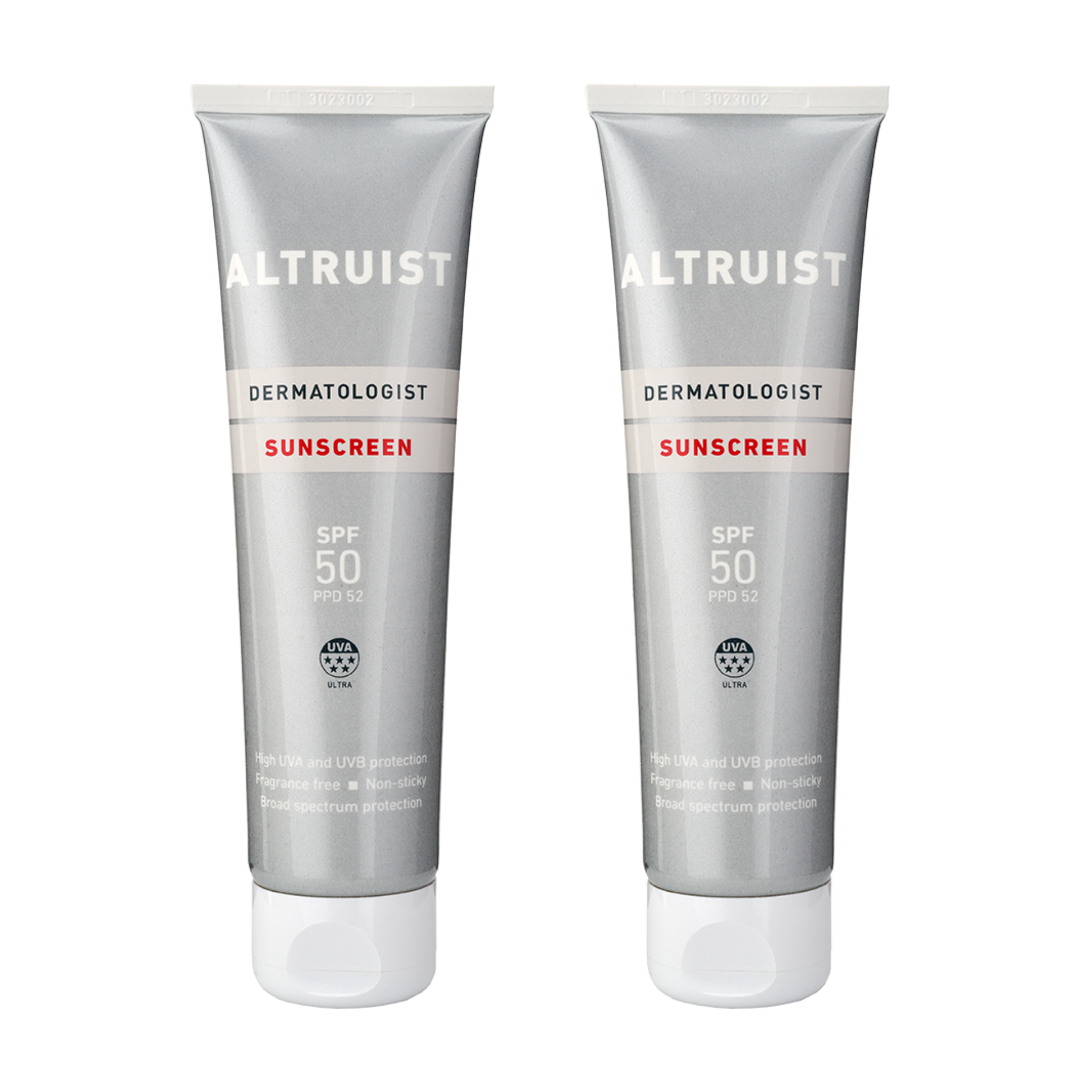
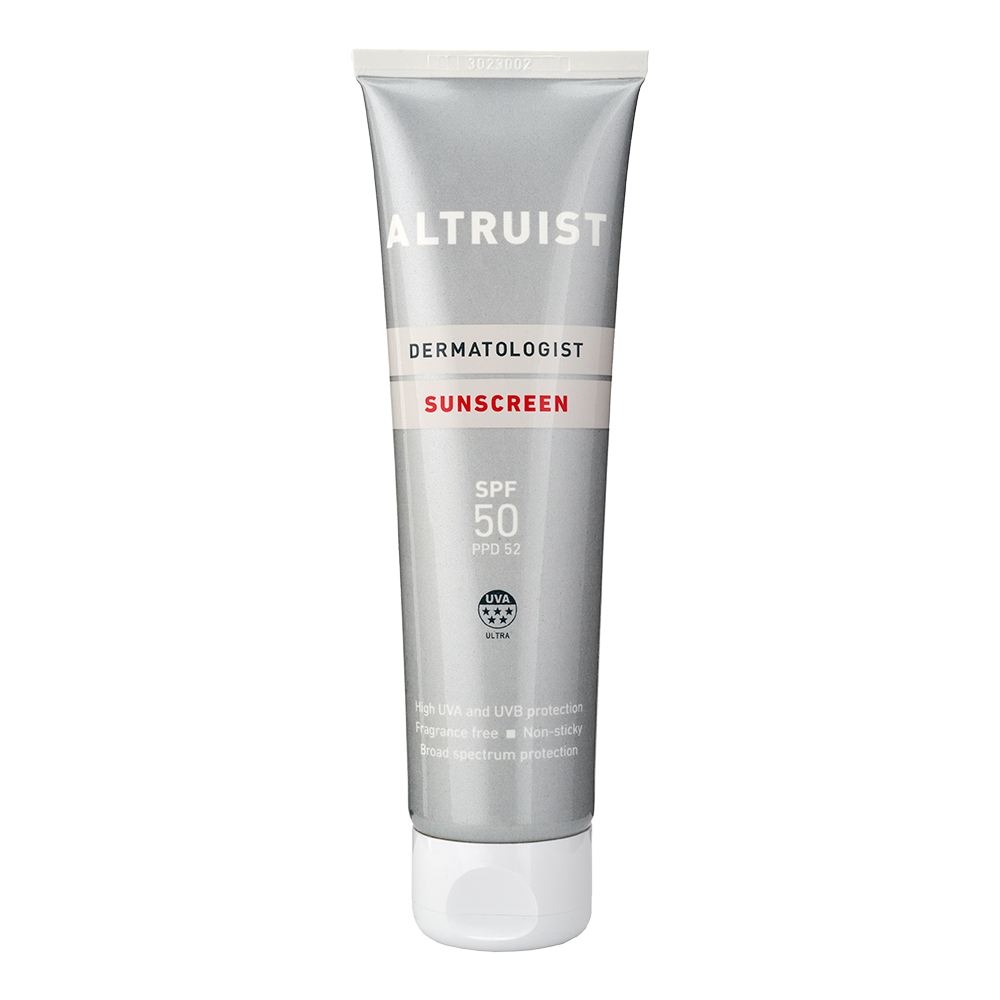
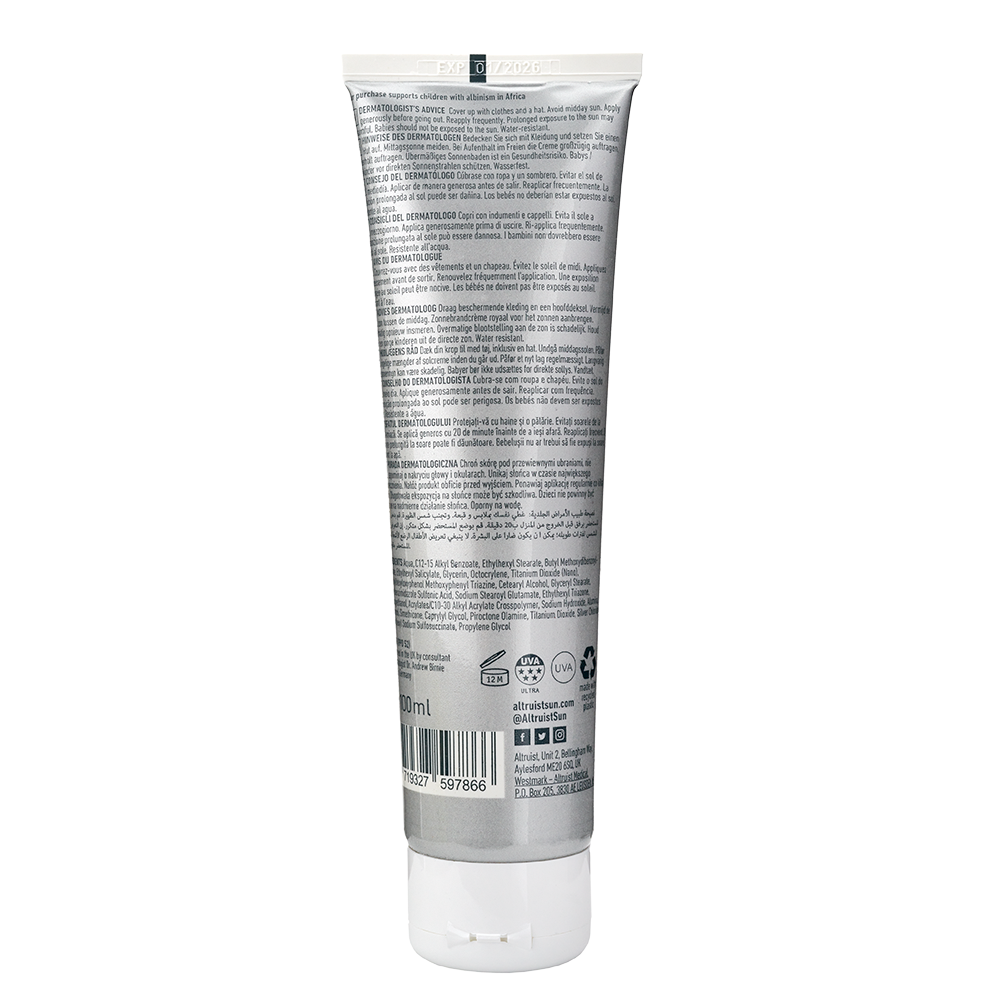
Broad-spectrum sunscreen, the ideal UVA and UVB protection for your skin
Why Autumn is the Perfect Time to Switch to Hybrid Moisturiser + SPF Products